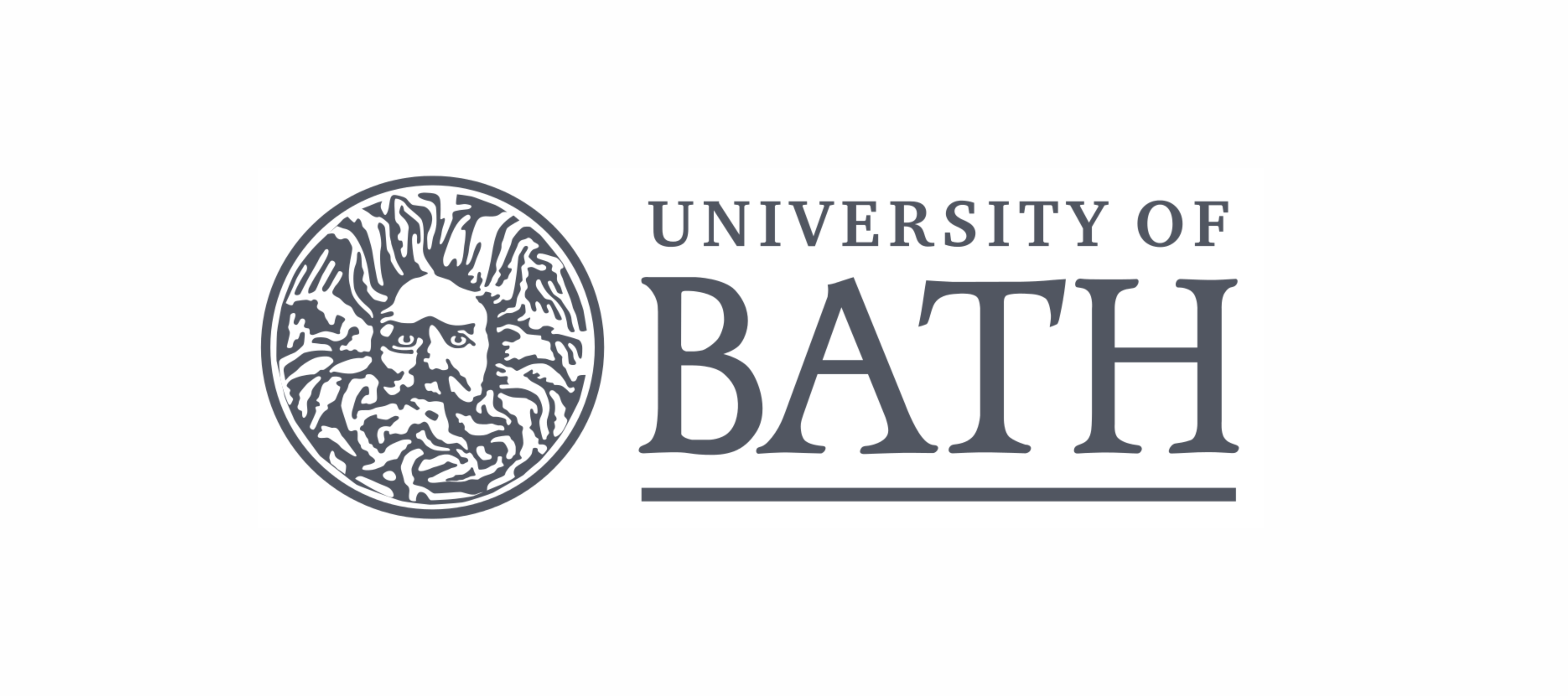PhD Position in Molecular Dynamics for Hydrogen Isotope Separation
PhD Position Information
About the Project
This PhD project focuses on tackling critical challenges in nuclear fusion and the hydrogen economy, particularly in the separation of hydrogen isotopes. A key application of this research is to develop advanced materials capable of efficiently separating isotopes like deuterium and tritium, which are vital for fusion research and hydrogen-based energy systems.
In collaboration with the UKAEA Culham Science Centre, this project aims to use molecular dynamics simulations and machine learning to model the transport and separation of hydrogen isotopes in microporous zeolite structures. The research will involve predicting the kinetics of isotopic mixtures and identifying optimal material structures for efficient isotope separation.
This project offers a blend of computational modeling and opportunities to engage with experimental validation at the Tritium Innovation Unit, Culham Science Centre, enabling a holistic and impactful research experience.
Responsibilities
As a PhD candidate, your responsibilities will include:
- Developing molecular dynamics models to simulate hydrogen isotope transport in microporous materials.
- Applying machine learning techniques to optimize predictions of zeolite structures and compositions for isotope separation.
- Collaborating with UKAEA for complementary experimental verification and engaging with experimental activities.
- Analyzing and interpreting simulation data to identify materials best suited for hydrogen isotope separation.
- Contributing to academic publications and presenting research findings at conferences.
- Actively participating in the vibrant Computational Chemistry group and Institute for Sustainability at the University of Bath.
Eligibility Requirements
To be eligible, candidates should possess:
- A First Class or Upper Second Class UK Honours degree (or equivalent) in Chemistry, Chemical Physics, Computational Chemistry, Materials Science, or a related field.
- A strong understanding of physical chemistry, computational modeling, and materials science.
- Interest or experience in molecular dynamics and machine learning is desirable.
- For non-UK applicants, proof of English language proficiency meeting program requirements is mandatory.
- An intrinsic motivation to tackle complex challenges in sustainability and energy systems.
What We Offer
This studentship provides:
- Full funding for 3.5 years, including tuition fees and a stipend of £19,237 per annum (2024/25 rates).
- Access to state-of-the-art computational resources and expertise in molecular dynamics, adsorption, and diffusion modeling.
- The opportunity to collaborate with the UKAEA Culham Science Centre, gaining exposure to cutting-edge fusion research and experimental approaches.
- A supportive academic environment with training, professional development, and mentoring within the University of Bath’s Computational Chemistry group and Institute for Sustainability.
Application Process
To apply, follow these steps:
- Submit an online application through the University of Bath’s PhD in Chemistry portal.
- In the "Funding your studies" section, select "University of Bath URSA" as the studentship.
- In the "Your PhD project" section, include the project title and lead supervisor's name.
Required Documents:
- A detailed CV.
- A cover letter highlighting your motivation, skills, and fit for the project.
- Academic transcripts (undergraduate and master's, if applicable).
- Proof of English language proficiency (if applicable).
Key Dates
- Application Deadline: Monday, February 17, 2025 (or earlier if a suitable candidate is found).
- Start Date: September 2025.
Contact Information
For informal inquiries, contact Prof. Steve Parker.


